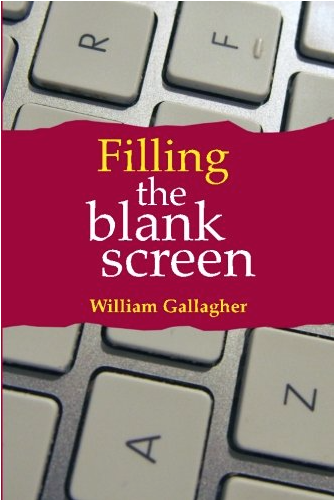I love ’em both, paper and ebooks. But it has been said and I have wondered whether I retain more from things I read on paper than on screens. Maybe so, but if it’s true, it looks like that may be more down to me than to the technology – except in one key respect.
Time.
A new study which found that readers using a Kindle were “significantly” worse than paperback readers at recalling when events occurred in a mystery story is part of major new Europe-wide research looking at the impact of digitisation on the reading experience.
The study, presented in Italy at a conference last month and set to be published as a paper, gave 50 readers the same short story by Elizabeth George to read. Half read the 28-page story on a Kindle, and half in a paperback, with readers then tested on aspects of the story including objects, characters and settings.
Anne Mangen of Norway’s Stavanger University, a lead researcher on the study, thought academics might “find differences in the immersion facilitated by the device, in emotional responses” to the story. Her predictions were based on an earlier study comparing reading an upsetting short story on paper and on iPad. “In this study, we found that paper readers did report higher on measures having to do with empathy and transportation and immersion, and narrative coherence, than iPad readers,” said Mangen.
But instead, the performance was largely similar, except when it came to the timing of events in the story. “The Kindle readers performed significantly worse on the plot reconstruction measure, ie, when they were asked to place 14 events in the correct order.”
Readers absorb less on Kindles than on paper, study finds – Alison Flood, The Guardian (19 August 2014)
‘Course, I only read the full piece on my iPad so maybe it really says something completely different.
 BBC writer William Gallagher follows up his hit productivity book The Blank Screen with more informative, sparky and witty chapters about being creative and getting your writing done. Over 100 of the best, most talked about and most useful articles from The Blank Screen news site have been compiled, edited, updated and given a scrub. Learn about how writers and even normal people can get started on the writing they keep putting off. See how to get over problems and to that finish line – and about how about the only thing more useful to you than that expensive computer you’ve got is that expensive smartphone.
BBC writer William Gallagher follows up his hit productivity book The Blank Screen with more informative, sparky and witty chapters about being creative and getting your writing done. Over 100 of the best, most talked about and most useful articles from The Blank Screen news site have been compiled, edited, updated and given a scrub. Learn about how writers and even normal people can get started on the writing they keep putting off. See how to get over problems and to that finish line – and about how about the only thing more useful to you than that expensive computer you’ve got is that expensive smartphone.